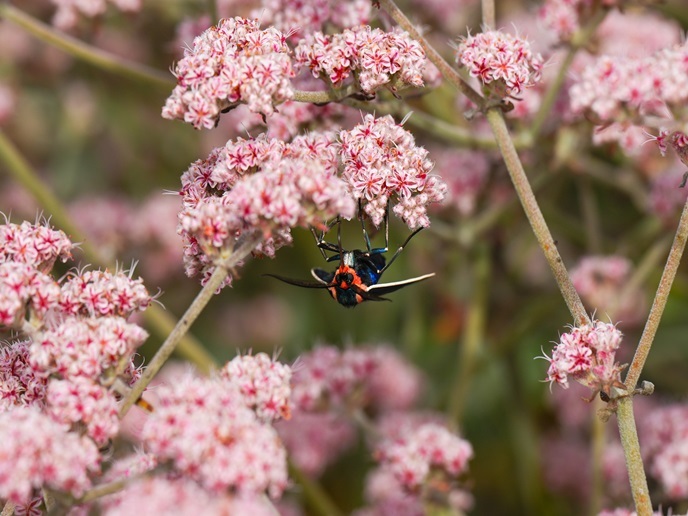Research to improve biodiversity conservation and sustainable development in protected areas in Brazil
The Convention on Biological Diversity’s Strategic Plan for Biodiversity 2011-2020 and the United Nations’ 2030 Agenda for Sustainable Development constitute two of the most important environment and sustainable development commitments ever made. Both accords recognise the important role of protected areas as a key strategy for biodiversity conservation and sustainable development. “For conservation to be ethical and effective, it must be implemented in a way that’s just and equitable for people who live within and on the edges of protected areas,” says Dr Karen Mustin, a research fellow who collaborated with coordinator Prof. Steve Redpath of the EU-funded EquiPE project. “A key current research and policy challenge is to understand what equitable protected area governance looks like, and how equity might be evaluated in this context.” This research was undertaken with the support of the Marie Curie programme. Improving governance and management to advance equity in protected areas The EquiPE team sought to understand the normative and practical aspects of equity in the governance of different types of protected areas. With a focus on Brazil, it examined the normative aspects of equity in protected area management and governance, and what should be taking place according to international agreements, national laws, institutional plans and protocols. Team members also attempted to understand what equity in protected areas looks like in practice. They investigated which parts of laws and plans can be readily implemented and what works well, and where the challenges and barriers to equitable management on the ground in real protected areas lie. Cooperating to design and analyse equity locally Their research led to a theory on the links between governance, equity and outcomes in conservation management. “We have already begun to translate these findings into practice,” notes Dr Mustin. Working with colleagues from Brazil’s Chico Mendes Institute for Biodiversity Conservation and the Institute of Indigenous Research and Formation, Dr Mustin planned and conducted an interactive workshop involving conservation practitioners. The aim was to reflect on social equity issues in the current governance and management of protected areas in Amapá, a state in northern Brazil. “This is the beginning of a productive and long-lasting collaboration, where research and practical experience can work together to find better and more just ways of making conservation happen inside protected areas in Brazil and beyond.” Project partners analysed how and to what extent different aspects of equity are explicitly or implicitly included in legislation and policies that define how protected areas are governed in Brazil. They also analysed protocols for developing management plans for different protected area types. Based on these, they provided an overview of equity in the normative aspects of the governance of different kinds of protected areas. The researchers then specified key aspects that must be implemented in practice to advance equitable governance and management, and highlighted where gaps exist in the treatment of equity in legislation, policies and protocols. Studies that have applied social equity frameworks to protected areas remain relatively scarce. Research examining local perceptions of equity is particularly needed, especially in Latin America. “The EquiPE results represent a timely, novel and important contribution to thinking about how we can evaluate social equity in this context, and also how a more equitable future might be reached,” concludes Prof. Redpath.







